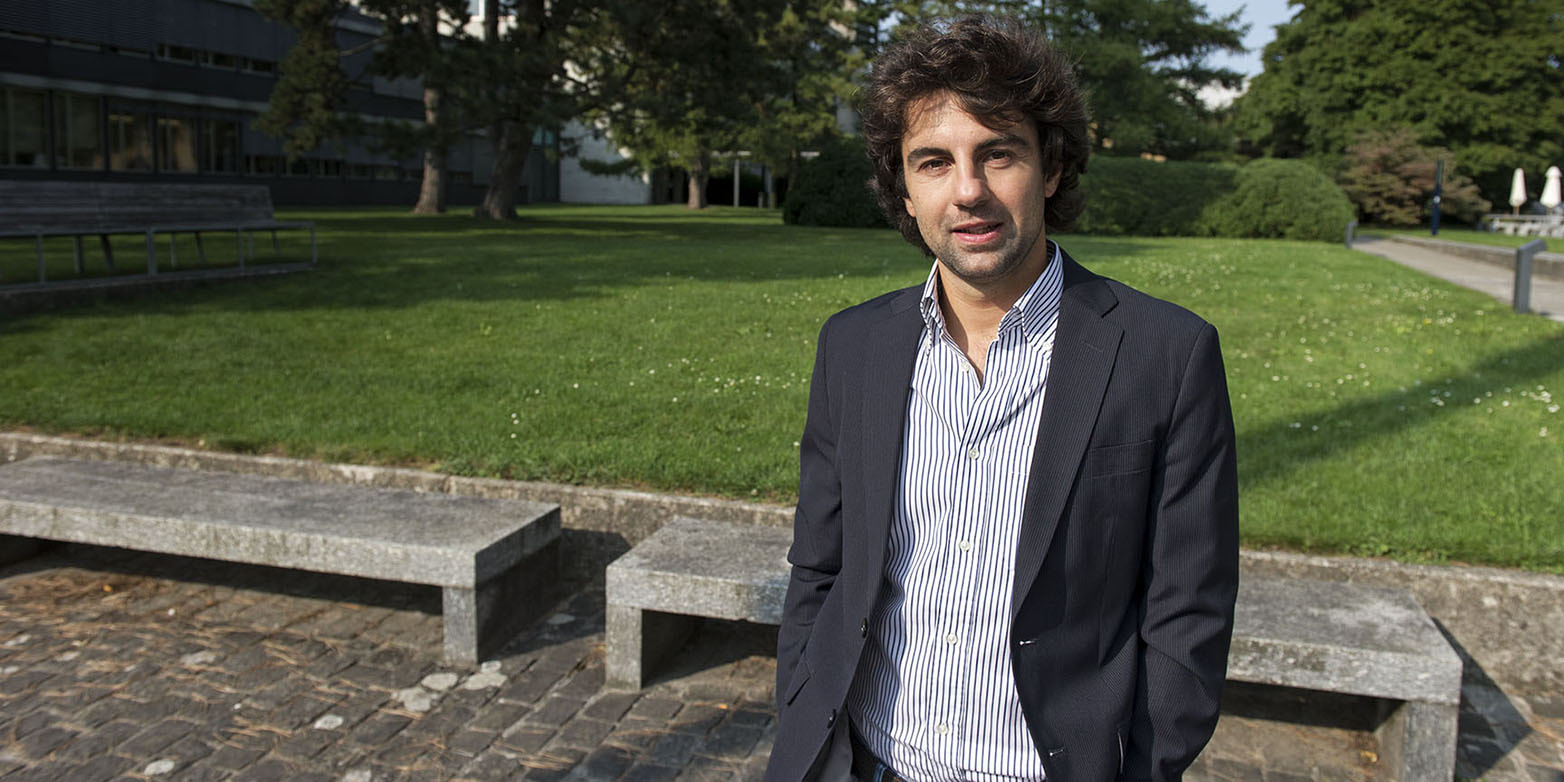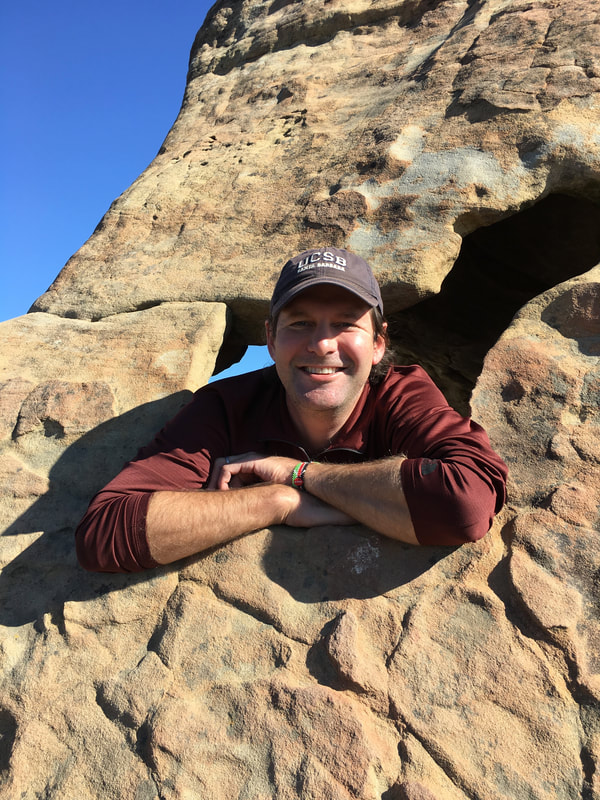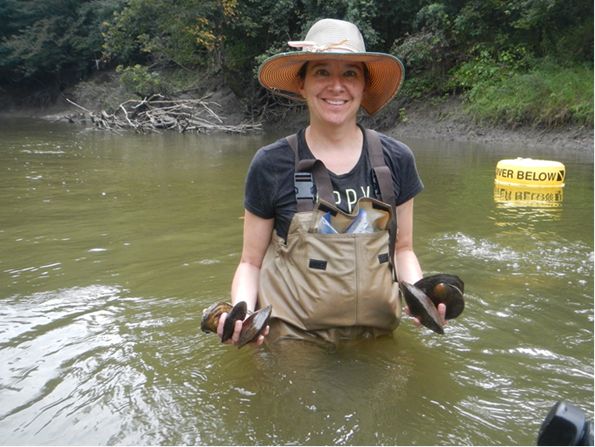The term ecohydrology clearly recalls a combination of the words “ecology” and “hydrology” to describe “an interdisciplinary field studying the interactions between water and ecosystems”. This definition, however, is somewhat reductive – especially if the word “interdisciplinary” does not receive the attention it deserves. To me ecohydrology really means bridging disciplines and scales to study the complex interactions regulating mass and energy exchanges within the biosphere (i.e. our “house”, as the term “eco” recalls). This makes ecohydrology an exciting quest for understanding, following water in its countless interactions with Earth (its surface, subsurface, and atmosphere) and Life (plants, bacteria, humans – you name it!). This knowledge provides unique tools to understand global change and guide a sustainable management of natural resources.
What are your undergraduate and graduate degrees in?
I obtained both my BSc and MSc degrees in Environmental Engineering (University of Padova and Technical University of Denmark). I have a PhD in Civil and Environmental Engineering Sciences at the University of Padova (Italy).
How did you arrive at working in/thinking about ecohydrology?
Everything started with the Richards equation! One of the tasks during my PhD was the implementation of a root water uptake module in the catchment-scale hydrological model CATHY. From a “mathematical” perspective, root water uptake is just a sink term in the Richards equation - but in reality, it is much more than that! Under the guidance of my advisor, Mario Putti, I visited Duke University where, together with Gabriel Katul, Marco Marani, Jean-Christophe Domec, and Sara Bonetti, I worked on modeling soil-plant processes, combining numerical methods with concepts of plant hydraulics, plant physiology, and land-atmosphere interactions. Suddenly, I was working on ecohydrology!
What do you see as an important emerging area of ecohydrology?
We are in a phase of rapid global changes, our planet is becoming increasingly urbanized, and human activities now rival the geophysical processes that shaped Earth. In this regard, the emerging area of “urban ecohydrology” offers a novel perspective on coupled human-natural systems. Cities are hot-spots for innovation but they also drive a loss of ecosystem services at multiple scales. The knowledge and approaches of ecohydrology are essential to describe such complex interactions between urban and natural ecosystems, offering new tools for planning and retrofitting of cities.
Do you have a favorite ecohydrology paper? Describe/explain.
Picking one paper is quite difficult but I’d like to mention the review by Gabriel Katul and coauthors, “Evapotranspiration: a process driving mass transport and energy exchange in the soil‐plant‐atmosphere‐climate system”, Reviews of Geophysics, 2012, 50(3). Focusing on evapotranspiration, this paper provides a fantastic overview of the processes, scales, and feedbacks regulating water, carbon, and energy fluxes at the land surface, from leaf-scale processes to boundary-layer dynamics and the global water cycle.
What do you do for fun (apart from ecohydrology)?
I enjoy art and nature, good food and good company.




 RSS Feed
RSS Feed